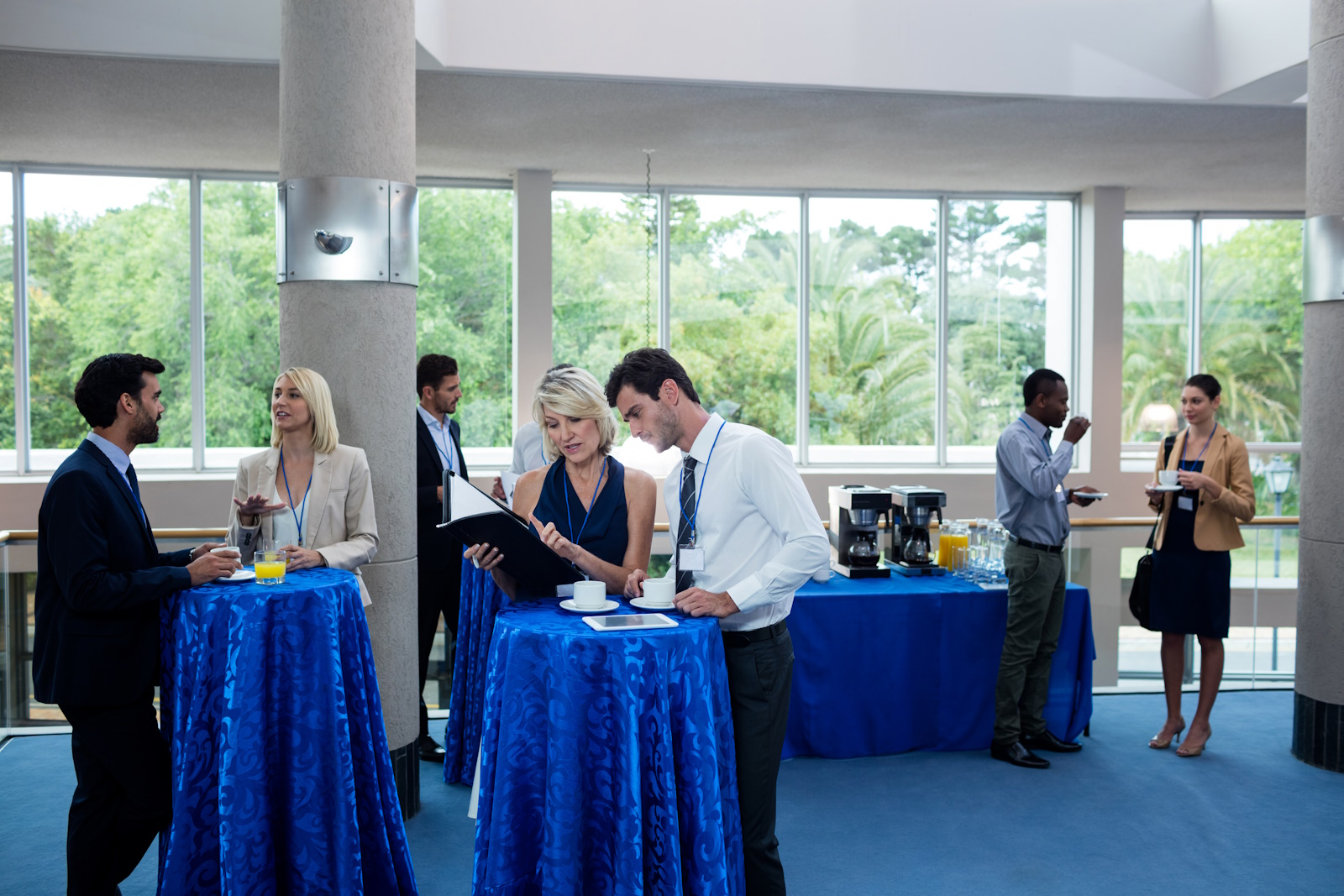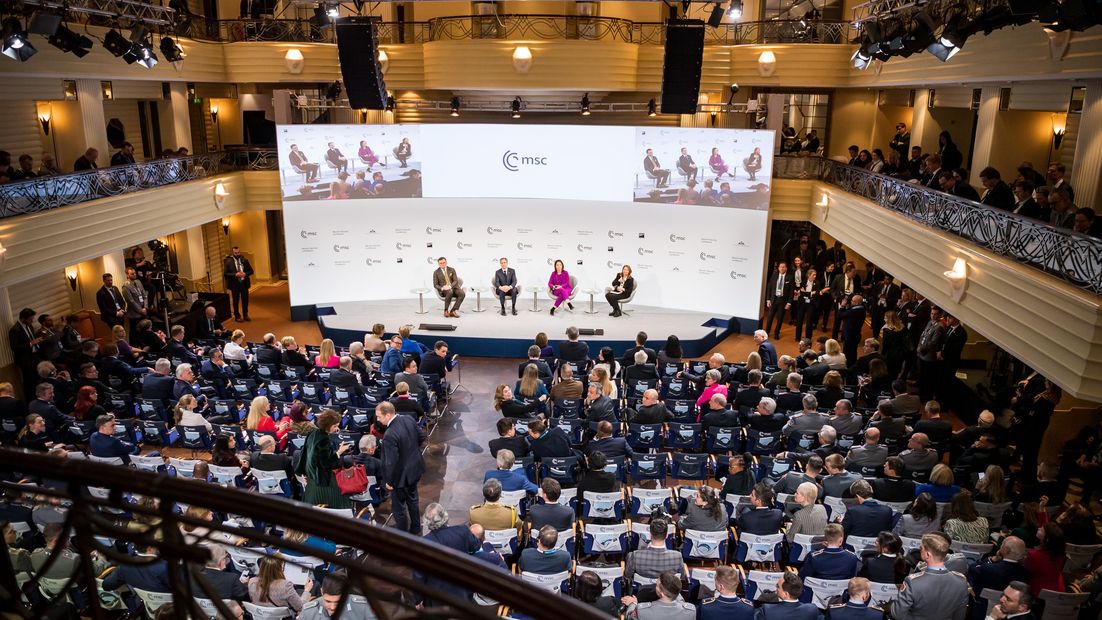
As part of our service we manage not only translation and interpretation projects, but also events. We plan, organize and host corporate and private events for business or social purposes in Croatia, Serbia, Slovenia and North Macedonia. The dedicated organizational talents in our team will make your business convention, training, conference a successful platform for your company to shine. Depending on your goals and amount of guests, we are proposing a venue, mode of transportation, types of accommodation and extracurricular activities for your guests, partners or employees on the beautiful Adriatic coast, in mountain resorts, lakes or in urban surroundings – depending on your wish. We can organize photo and video services, conference equipment, shuttle and security service, interpreters, shuttle and security service, gifts, anniversary cakes and the like.


Shall you be interested, please send us an inquiry with following information:
Please feel free to state your wishes as precise as possible, but also notify us about your budget planned for the event, so we can make the perfect choices and save time.
Our project manager will get back to you with the need of additional clarification or a preliminary offer, depending on the complexity of the event and the exactness of the information you provided.
Shall you know what event is suitable for you, please let us know.
Following some information on event types that could help you deciding what is right for you.
is a formal gathering of individuals with shared interests, expertise, or goals. Typically, the purpose of organizing a conference is to promote the exchange of knowledge, ideas, and experiences on a specific topic of field of interest. Conferences include presentations, discussions, workshops, networking opportunities, and sometimes exhibitions. All activities are planned to foster collaboration, facilitate learning, and drive progress within their respective subject matters. Whether the goal is revenue growth, lead generation, sales expansion, or employee training, conferences offer invaluable opportunities to reach and influence the right audience.
A workshop is an interactive and hands-on session that focuses on skill-building, problem-solving, or practical learning. Participants engage in activities, exercises, or discussions led by experts to gain practical knowledge or expertise in a specific area.
A seminar is a structured educational event where experts or speakers present in-depth information, research, or insights on a particular subject. Seminars are often followed by discussions or Q&A sessions to encourage audience engagement and the exchange of ideas.
A round-table discussion is an informal and participatory conference where a small group of participants gather to discuss a specific topic. It promotes open dialogue, encourages diverse viewpoints, and often involves brainstorming or problem-solving.
A symposium is a formal gathering that features multiple speakers or presentatons on related research or academic topics. Conference organizers often structure symposia around a central theme with the intention of promoting a comprehensive exploration and discussion of that subject.
A summit is a high-level conference, often featuring influential leaders, policymakers, and experts, that addresses critical issues, challenges, or opportunities within a specific industry, field, or global context. Summits are designed to facilitate strategic discussions, decision-making, and collaborations to address pressing matters.
Press-conferences are usually a part of an event, aiming the information of the public about some development, agreement or the like, or presentation of a project or product to the public. In any case it shall involve media, other stakeholders and follow special protocol measures.
In-person event require physical attendance at a specific venue, where attendees, speakers, and organizers come together in person to participate in various activities, such as presentations, workshops, and networking.
Virtual conferences are entirely online, with attendees and speakers participating remotely from their respective locations. These events utilize virtual event platforms to host presentations, discussions, and interactive sessions, providing a virtual experience for all particpants.
Hybrid events blend both in-person and virtual elements. They take place at a physical venue, allowing some attendees and speakers to be present on-site, while others join remotely through virtual platforms. This format accommodates diverse participation preferences and extends the reach of the event beyond geographical boundaries.
Corporate events are organized by any business for their employees, partners, clients, or the press. They may include meetings, product launches, training sessions, sales conferences or company anniversaries.
Our clients on the academic field are educational institutions, research organizations, or professional associations that organize all types of events to present and discuss academic research and scholarly work in various fields.
Events in the medical field range from presentation of new solutions for patients, through small expert groups discussing specific topics, medical research, healthcare practices, and innovations to international medical summits.
New technologies require different events to be presented. At events for tech industry clients are presented trends, innovations, and developments. Clients may focus on areas like AI, cybersecurity, software development, or hardware advancements.
NGOs can book events to present their projects, new accomplishments or milestones reached. They aim also to raise awareness, share best practices, and foster collaboration, but also attract donors.
Government agencies host conferences to discuss polity matters, share information, and engage with stakeholders. These events can range from local government meetings to international summits.
Some conferences are designed to take advantage of unique locations, such as conferences held at resorts, cruise ships, or tourist destinations. These events often blend work with leisure activities.
These events target startup founders, entrepreneurs, and investors. They provide a platform for networking, pitching ideas, and gaining insights into the startup ecosystem.
Cultural and arts events focus on topics related to literature, music, visual arts, and cultural heritage. They may include performances, exhibitions, and discussions on artistic trends.
These conferences address environmental issues, sustainability practices, and climate change. They aim to promote eco-friendly solutions and awareness.
Sports-related conferences cover various aspects of the sports industry, including athlete management, sports medicine, sports marketing, and event management.
Conference management involves the comprehensive coordination and supervision of an event’s execution. This includes monitoring team members’ progress in their assigned responsibilities and effectively addressing any on-site situations or challenges. Conference management can be done internally within an organization or be outsourced to a third party.
The entire planning, organization and realization of the event is in the hands of an internal team. The advantage of organizing events by in-house personnel is that this approach allows full control over the event’s direction and execution. The disadvantage is that it can be resource-intensive, require dedicated staff with expertise, and lack at coordinating all different actors making the conference successful (event location, equipment, preparation, accommodation, invitations, presentation, interpretation, translation, shuttle, parking, meals, extracurricular activities…).
Joint management involves collaboration between the client and us as an event management company. In this model, conference management services and responsibilities are shared, with us handling specific aspects the clients decides to transfer. Joint management leverages external expertise while allowing the organization to maintain some control.
Some clients choose to transfer the full responsibility for conference management to us. They entrust us with planning, executing, and overseeing all aspects of the event. This approach provides convenience and professional expertise, making it suitable for conferences where the host organization prefers to focus on content and leave the logistics to the experts.
Events can be organized in a cost-effective way by using volunteers. They can handle various tasks, from planning to on-site coordination, with minimal or no involvement of a professional event manager. This solution requires significant time and effort from volunteers and can face great risks as consequence of the lack of experience and expertise of the volunteers involved.
Some events are primarily funded and managed by sponsors or exhibitors. These organisations play a central role in shaping and managing the event. The host may retain some control, while sponsors often have substantial influence on the event including the selection of speakers and topics.
Our standard approach is to present to the client this 18-steps plan, where the client can decide which steps shall be accomplished with our involvement. Regardless of our involvement, we recommend to the client to make sure these essential steps are thought through, so a successful event can be realized with activities taken prior, during and after the event.
is a formal gathering of individuals with shared interests, expertise, or goals. Typically, the purpose of organizing a conference is to promote the exchange of knowledge, ideas, and experiences on a specific topic of field of interest. Conferences inaWhat is the purpose of your event? What do you desire to achieve? The answers to these questions will set the course of your event, but also ensure that every decision aligns with your vision. clude presentations, discussions, workshops, networking opportunities, and sometimes exhibitions. All activities are planned to foster collaboration, facilitate learning, and drive progress within their respective subject matters. Whether the goal is revenue growth, lead generation, sales expansion, or employee training, conferences offer invaluable opportunities to reach and influence the right audience.
Essential for the success of an event is to have a realistic budget. Of great importance is also to allocate resources in a strategic perfect way. What is the most important and what can be a saving point. This will define your venue, speakers, marketing efforts and logistics. This is why we will send you an Event Budgeting Table prior we start organizing.
Our work thrives on collaboration. Build an enthusiastic team that will distribute responsibilities, combine expertise, and offer insights while pursuing excellence. When we cooperate with a great team, we leave nothing to chance and can make the perfect event.
While deciding on the date and venue of the event, you shall take into consideration the seasonality, especially when planning outdoor events or the event involves weather-dependent travel. Accessibility is something clients tend to often forget, and the disrespect of this issue can ruin the entire event. Is the location easily accessible? Can your speakers and attendees arrive on time? Have you chosen a hotel that can accommodate all of them? Do you need several hotels of different classes in the vicinity of the event location? Is the venue adapted to wheelchair access? Do you have enough parking space?
At checking the venue capacity it is essential to strike a balance between accommodating all attendees comfortably and avoiding overcapacity. Neither a too small venue, nor a too big venue will be optimal. The first one will lead to discomfort, overcrowding and poor experience, the second to an atmosphere of emptiness and detachment. Do you have preference about the seating plan? The same space can accommodate 16 to 60 persons, depending on the seating arrangement.
You have to consider several factors when choosing your venue. Apart from the meeting rooms, it is important to know what technical equipment, breakout spaces, and dining options are needed. Do you need a dividing wall to make groups? Do you need interpretation booths? Do you need a terrace for the smokers?
A conference is not only the topic, but also the ambience. The overall experience of the attendees can be elevated with aesthetics, layout and the vibe of the location and facilitate the decision-making process.
Craft an agenda that is tailored to resonate with your audience, and achieved the goals of the event. Achieve balance by perfectly combining sessions, workshops, and keynote speakers. A precisely curated program keeps participants excited and maintains active engagement throughout the event. A carefully drafted agenda will contribute to a memorable and valuable conference experience.
Speakers shape event’s content and influence attendee engagement. In order to have a stellar lineup you have to identify your speakers (knowledge and charisma), reach out and invite them, secure early confirmation, make clear agreements on expectations, compensation and deadlines for content submission, promote their involvement, support speakers with the resources they need, and maintain regular communication.
Once all previous steps are taken, you have to ensure event’s success by promotion. A multi-channel marketing approach is essential if you want to reach attendees through various touch points (social media, e-mail campaigns, partnerships).
A smooth attendee experience starts with the registration, in electronic way at confirming their attendance, and in-person at the event. Shall several packages be offered, ensure that each attendee signs for the right package, about which you shall inform your event management partner on time.
Logistics is crucial for a well-organized event. Smooth transportation, comfortable accommodation, carefully planned meals and meal scheduling, technical equipment tested in advance with standby technical support, signage in case of restricted access, logical placement of registration desks and meeting rooms, communicated emergency plans, routes and assembly points, medical support for emergency cases, perfect timing of sessions, breaks and networking opportunities, staff coordination and communication with partners; all elements of the logistics and operations team for an event to be a success.
Shall your event be sponsored, early engagement is key. Offer attractive sponsorship packages meeting sponsor’s marketing objectives and strategies, and outlining the benefits and opportunities they’ll gain by partnering with your event.
On the day of the event all shall go seamless, from the streamlined check-in process to the attendee support services. A great event manager is a coordination talent thriving to exceed the expectations of the attendees (and the client), leaving a lasting positive impression and successfully managing unexpected situations.
Do not forget that facilitation of networking and engagement is one of the cornerstones of a successful event. This will create lasting connections beyond the event. You can achieve this by incorporation of interactive sessions, Q&A sessions, panel discussions, workshops, and roundtable conversations. Encourage speakers to engage directly with the audience and use live polls and trivia to enhance participation.
Post-event evaluation is an important step for enhancement of your events and management skills. It involves collecting of feedback from key stakeholders and sponsors. By comprehensive assessment of the feedback you will gain valuable insights into the strengths deserving recognition and the areas demanding improvement.
It is crucial to act after the event to leave a positive impression. Post-event activities can involve sharing of presentations, recordings, and resources, as well as expressing appreciation to sponsors, and collaborators.
This last step is a post-conference activity that provides a profound opportunity to understand and interpret various aspects of your performance, attendee behavior, levels of engagement, and overall success metrics. By leveraging data and analytics effectively, you can unlock valuable insights that can significantly influence the future direction of your conference strategies.
